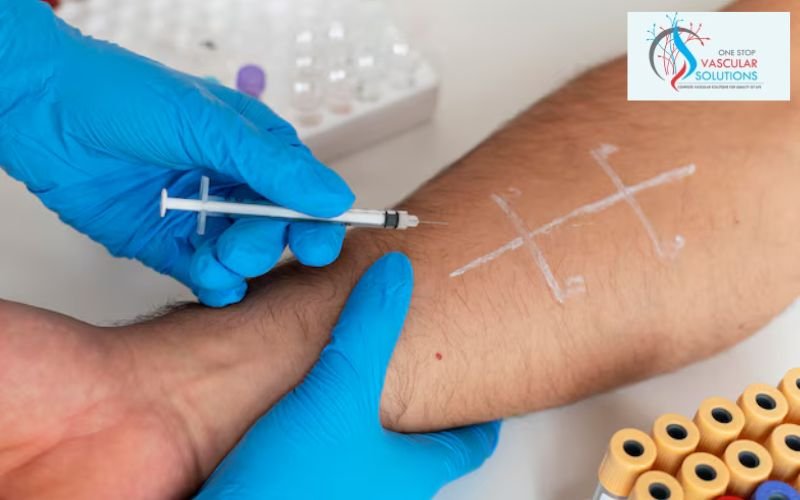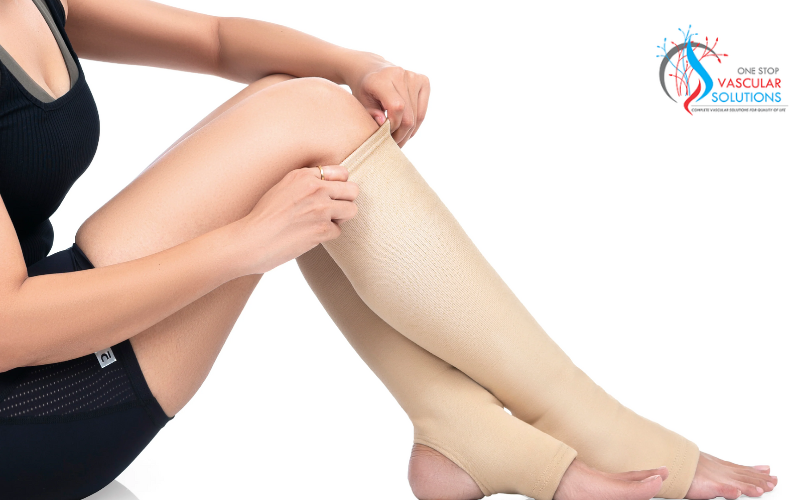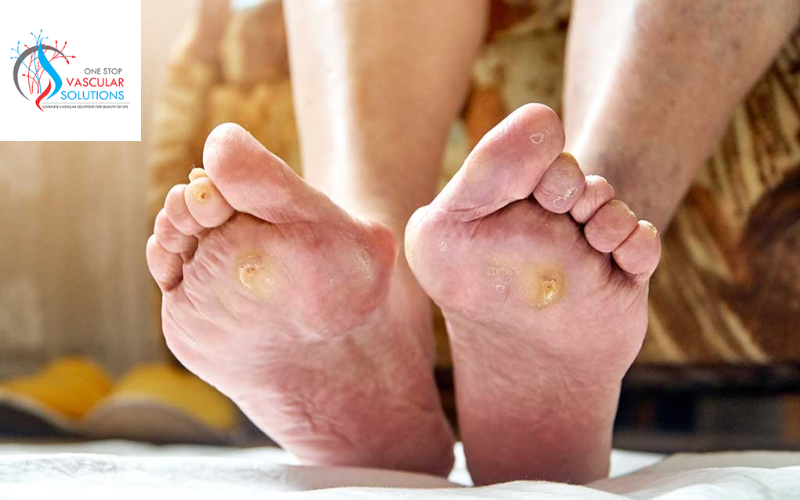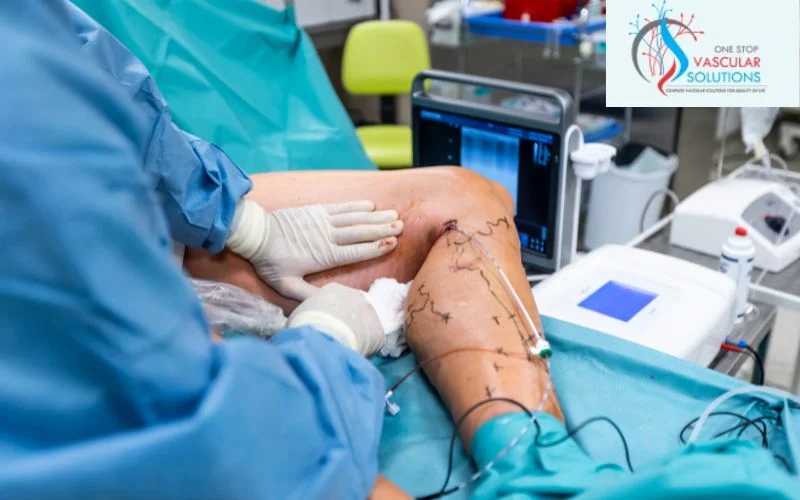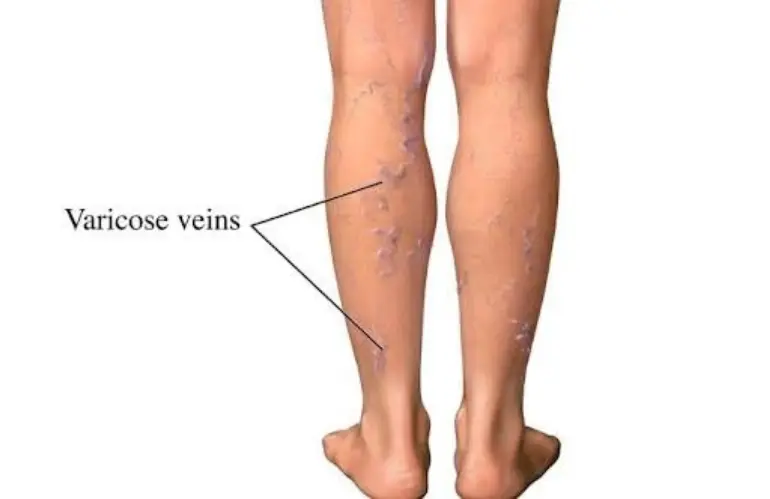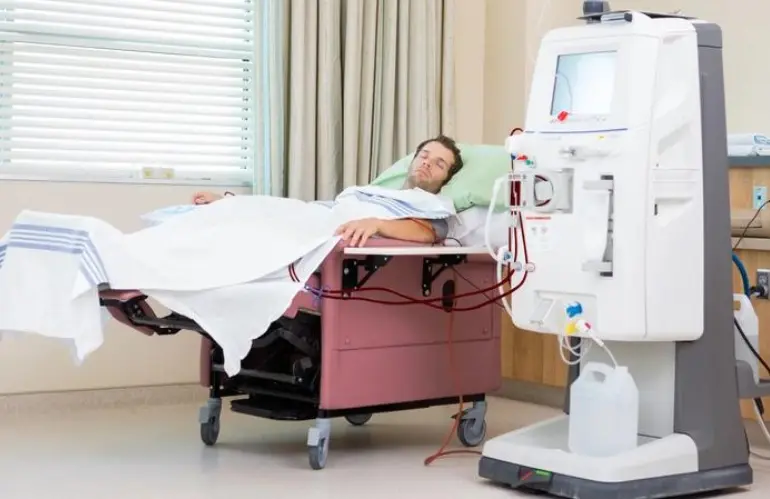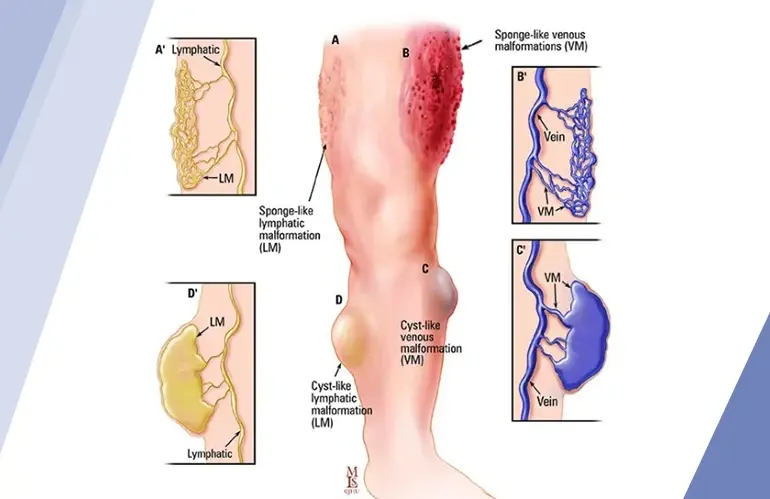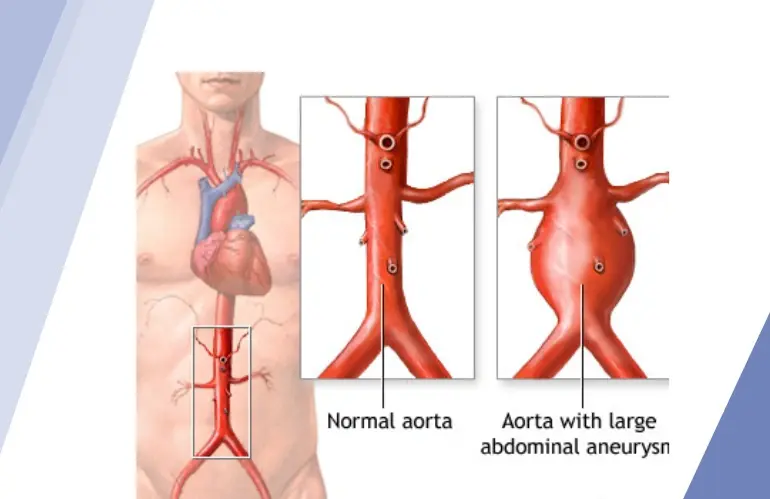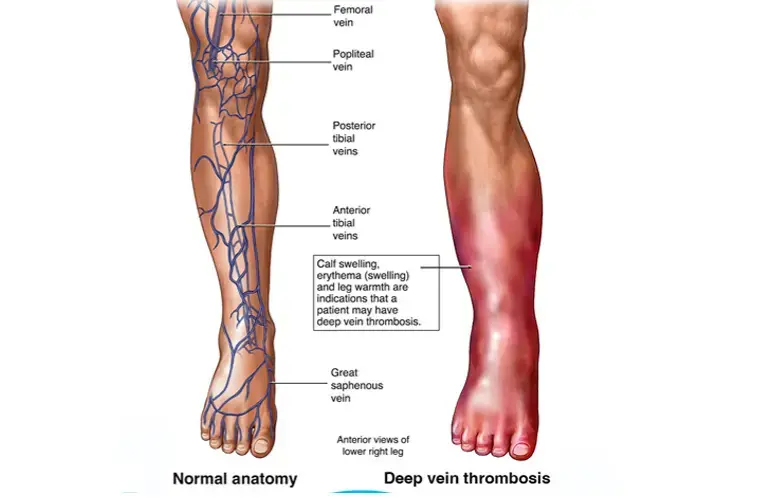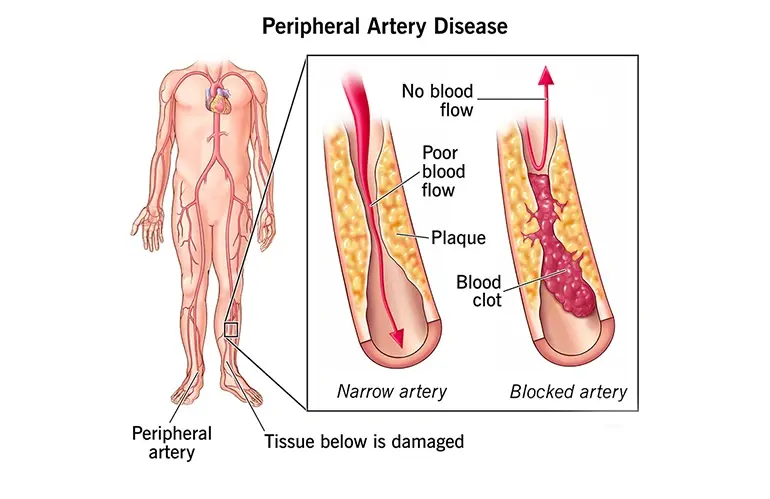Advanced Wound Care Treatment – Expert Healing & Recovery
Get advanced wound care treatment for faster healing and infection prevention. Our expert specialists provide personalized care for chronic wounds, diabetic ulcers, pressure sores, and post-surgical wounds using the latest medical techniques.

Your Essential Guide to Wound Care: Healing with Confidence and Care
Wound care is a vital aspect of healthcare that directly impacts the healing process and the prevention of infections and complications. Whether you’re recovering from surgery, managing a chronic condition, or dealing with a minor injury, understanding proper wound care can accelerate recovery and improve outcomes. In this article, we will discuss the essential components of wound care, the types of wounds, and effective strategies to ensure your healing journey is as smooth as possible.
What Is Wound Care?
Wound care refers to the practices and procedures involved in cleaning, dressing, and protecting a wound to promote healing, minimize infection risk, and prevent further damage. Proper wound care is crucial for both acute and chronic wounds, especially in individuals with underlying health conditions such as diabetes or vascular disease. Timely and effective treatment helps minimize scarring and facilitates faster recovery.
Types of Wounds
Understanding the different types of wounds helps determine the appropriate wound care method:
- Acute Wounds: These are typically caused by cuts, abrasions, or surgical procedures and heal relatively quickly. Examples include:
- Surgical incisions
- Minor cuts or scrapes
- Burns
- Chronic Wounds: These wounds take longer to heal and are often the result of an underlying health issue, such as poor circulation or diabetes. Examples include:
- Diabetic ulcers
- Pressure sores (bedsores)
- Venous leg ulcers
Key Principles of Wound Care
Proper wound care follows a few key principles to ensure optimal healing and prevent complications:
- Cleaning the Wound
- Keeping the wound clean is essential to prevent infections. Use mild soap and water or saline solution to gently cleanse the wound. Avoid harsh chemicals like hydrogen peroxide or alcohol, as they can delay healing.
- Moisture Balance
- The wound should remain moist but not too wet. A moist environment promotes cell regeneration and reduces scarring, while excessive moisture can lead to maceration (softening and breakdown of skin). Specialized wound dressings, such as hydrocolloids or hydrogel, can maintain the ideal moisture balance.
- Protecting the Wound
- Covering the wound with a sterile dressing or bandage is critical to protect it from bacteria, dirt, and other contaminants. The dressing should be changed regularly based on the type of wound and the level of exudate (drainage).
- Managing Pain and Discomfort
- Proper wound care should include pain management. Over-the-counter pain relievers like ibuprofen or acetaminophen can help, but always consult a healthcare professional before using any medication, especially for chronic wounds.
- Monitoring for Infection
- Always keep an eye on the wound for signs of infection, such as increased redness, swelling, warmth, or drainage that is thick or discolored. If these signs occur, it’s essential to seek medical attention promptly.
Wound Care for Chronic Conditions
Certain conditions, like diabetes and vascular disease, require special attention to wound care due to compromised circulation or other underlying factors. Here's how to care for wounds under these circumstances:
- Diabetic Foot Care: Diabetic patients are more susceptible to foot ulcers due to reduced blood flow and nerve damage. Keeping feet clean, inspecting them regularly, and wearing well-fitting shoes are essential practices. If a wound occurs, it should be treated promptly to prevent infection and complications.
- Venous Ulcers: These ulcers typically appear on the lower legs and are linked to poor circulation. Elevating the legs, using compression therapy (as advised by a healthcare provider), and proper wound dressing can help these wounds heal.
- Arterial Wounds: People with arterial disease may experience slow-healing wounds due to poor blood flow. Maintaining proper nutrition, managing underlying health conditions, and following the wound care plan provided by a healthcare professional can facilitate healing.
When to Seek Professional Help
While many minor wounds can be treated at home, some situations require professional intervention. You should consult a healthcare provider if:
- The wound shows signs of infection that don't improve with home care
- The wound is large, deep, or caused by an animal bite
- You experience significant pain or swelling around the wound
- The wound is not healing as expected
- You have a chronic condition that may affect healing (e.g., diabetes, peripheral artery disease)
Best Practices for Wound Care at Home
- Keep Wounds Clean and Dry
- As mentioned earlier, cleanliness is key. Use sterile dressings, and change them as needed to avoid infection and keep the wound dry over all (wound micro environment should be wet).
- Use the Right Dressing
- Choose a dressing that suits your wound type. For example, hydrocolloid dressings are ideal for minor cuts, while alginate dressings are great for wounds with heavy exudate.
- Avoid Scratching or Picking
- It's tempting to touch a healing wound, but doing so can introduce bacteria and slow the healing process. Always wash your hands before dressing the wound.
- Follow a Healthy Diet
- A balanced diet that includes plenty of protein, vitamins, and minerals helps support tissue regeneration and immune function, which are both critical for healing.
- Stay Hydrated
- Drinking enough water helps maintain healthy skin and supports the healing process. Aim for at least 8 glasses of water per day, more if you're recovering from an injury.
Conclusion
Proper wound care is essential for ensuring that your body heals correctly, whether you're managing a simple scrape or dealing with a more serious condition like diabetes or vascular disease. The right care, timely interventions, and professional guidance can help prevent complications, reduce pain, and ensure a faster, smoother recovery.
If you're looking for personalized wound care solutions or have specific concerns related to vascular health, One Stop Vascular Solutions offers multispeciality expert guidance to help manage and treat your condition effectively. Remember, if you're unsure about how to care for a wound or if you notice signs of infection, don't hesitate to reach out to a healthcare professional for advice. Adopting good wound care practices today can lead to better health outcomes tomorrow.





